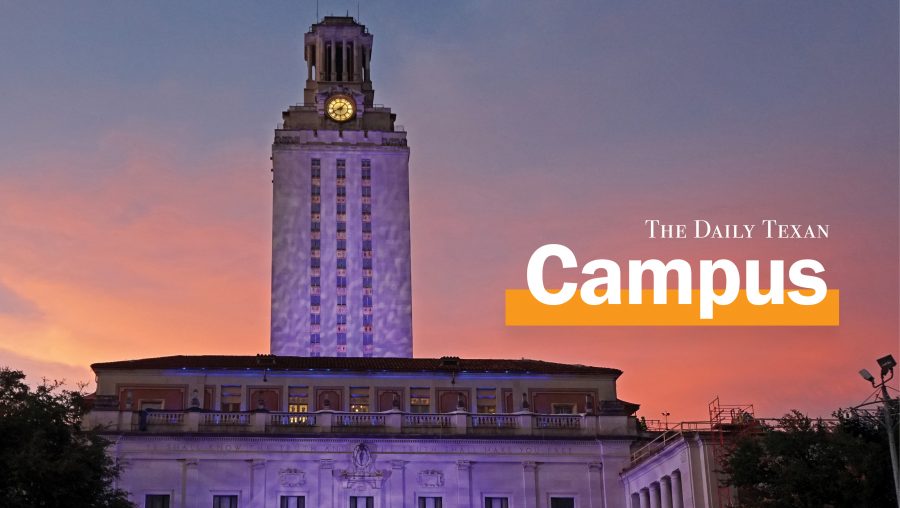Six years ago, only 40.3 percent of students who received Pell Grants and 40.9 percent of first-generation students were graduating from UT in four years. Now, those numbers have each increased by approximately 50 percent, according to data from UT Enrollment Management.
The Pell Grant is from the federal government and is available to undergraduate students who have financial need. Cassandre Alvarado, executive director of Student Success Initiatives, said the increase was partly due to SSI programs that started in 2012 with the hope of elevating graduation rates across the board.
“It’s been part of changing the entire culture of UT around supporting and encouraging four-year graduation rates,” Alvarado said. “A lot of work that we’ve done in the last six years has focused on two main areas. One is supporting students, and the other is removing barriers to timely graduation.”
From 2012 to 2018, four-year graduation rates for Pell Grant recipients have gone from 40.3 percent to 61 percent, and the same rates for first-generation students have gone from 40.9 percent to 61.5 percent, according to UT Enrollment Management.
Alvarado said the increases in graduation rates for Pell recipients and first-generation students have been the result of a combination of different SSI programs. These programs have helped students with their financial needs and provided resources for first-generation students who might not be familiar with University processes surrounding financial aid and graduation, Alvarado said.
Journalism junior Brianna Rodriguez said she felt alone when she first arrived to campus as a first-generation student and Pell recipient.
“It can be really scary for students that are first generation and/or receiving some type of money because they’re always worried, specifically when it comes to how well you’re doing academically and how that can affect their financial aid,” Rodriguez said. “When you don’t have people at home that can understand your struggle, it’s hard to go to them.”
Rodriguez said the increasing graduation rates for students who are first-generation and Pell-eligible gives her hope for students to come.
“I think (the University is) doing a good job now by creating these extra spaces,” Rodriguez said. “If they stay on this track, it would be even better so that a couple semesters down the road, there’s not this feeling (for these students) of being very different on campus.”
But undeclared sophomore Karla Rodriguez said they were surprised the graduation rates have increased for first-generation students because they thought the University was not doing enough to provide resources. Rodriguez said their peers have expressed similar concerns.
“A sense of community and family is what’s lacking here on campus, and there’s not a lot of support or resources that the University provides for first-generation students of parents who are immigrants,” Karla Rodriguez said.
As a result, Karla Rodriguez is forming their own social organization on campus for first-generation students with goals similar to that of the University.
“We want to make sure everyone graduates on time and everyone has the resources to do it and to be successful in their classes,” Karla Rodriguez said. “We want to make a sense of community.”





















